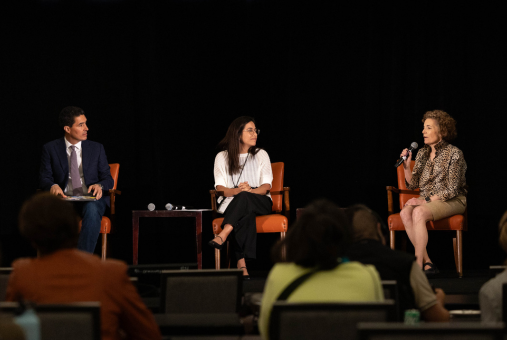
As part of closing remarks at the 25th International Symposium on Online Journalism, Romina Mella and José Zamora shed light on legal cases and jail time facing their colleague in Peru and father in Guatemala, respectively. ISOJ participants were called on to support these two renowned journalists.
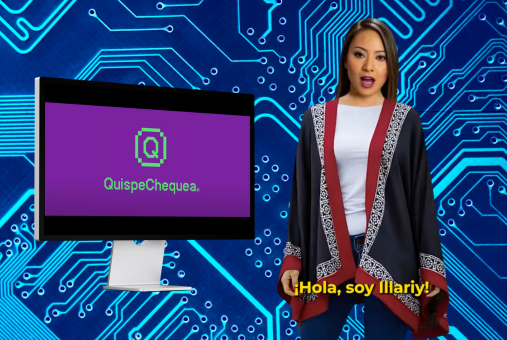
Illariy and Quispe Chequea are tools developed in Peru that use generative artificial intelligence resources to create text, audio and video content in Indigenous languages. Both initiatives have demonstrated the potential of this technology to satisfy the information needs of marginalized populations, while contributing to the linguistic diversity of that country.
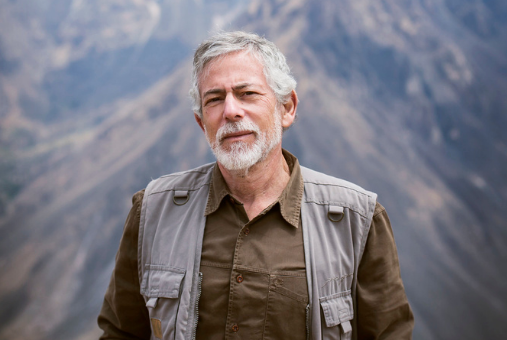
Journalists from different media, personalities and ordinary citizens from around the world reject a campaign of attacks and harassment against the director of Peruvian investigative journalism site IDL-Reporteros, Gustavo Gorriti.

Journalists selected for the first Spanish edition of the JournalismAI Academy for Small Newsrooms will seek to learn how to take advantage of artificial intelligence to optimize processes, reduce workload, improve audience engagement and strengthen sustainability. Media from 15 Latin American countries will be represented in the eight-week program.
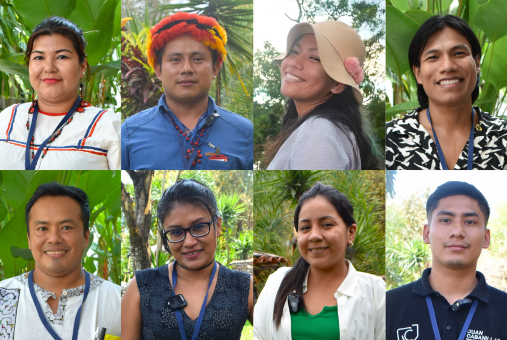
Due to the lack of visibility of public health problems of Indigenous communities of Peru, digital media outlet Salud con Lupa created a training and scholarship program for journalism in the Peruvian Amazon. It also developed a network of Indigenous health communicators in the region.

According to recent research from Ecuador, journalism in Latin America is a profession with invisible psychosocial risk factors, a situation that was aggravated by the COVID-19 pandemic. The main researcher and four journalists explain how to face this reality in daily work.
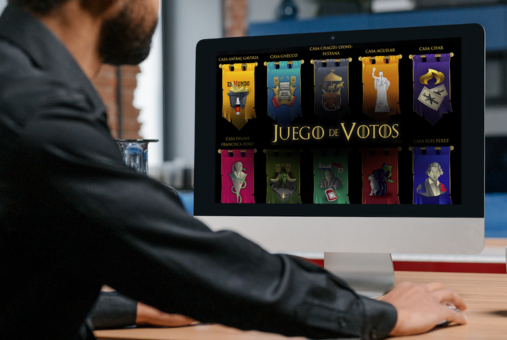
With interactive games, independent media outlets Cuestión Pública and Convoca, from Colombia and Peru, respectively, seek to bring the news to younger audiences, to contribute to greater media literacy and to present complex investigations in a playful way.
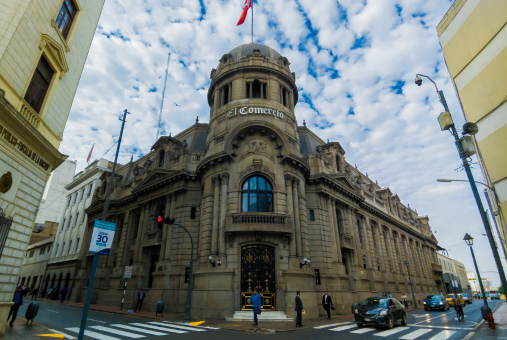
After 10 years of legal proceedings, a Peruvian judge of the first instance annulled the purchase of Grupo Epensa by Grupo El Comercio, claiming that this transaction creates a monopoly that threatens freedom of expression. The decision has been seen as historic, but still faces appeals in higher courts.
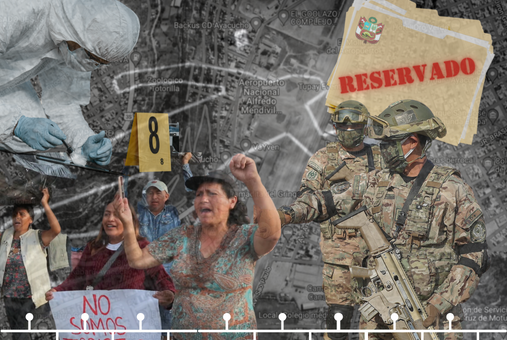
With a video investigation based on open-source forensic reconstruction, two journalists from Peruvian news outlet IDL-Reporteros challenged the government’s lack of transparency and uncovered the truth about a violent repression incident in the city of Ayacucho that left 10 dead. The work was awarded the 2023 Gabo Prize in the Image category.
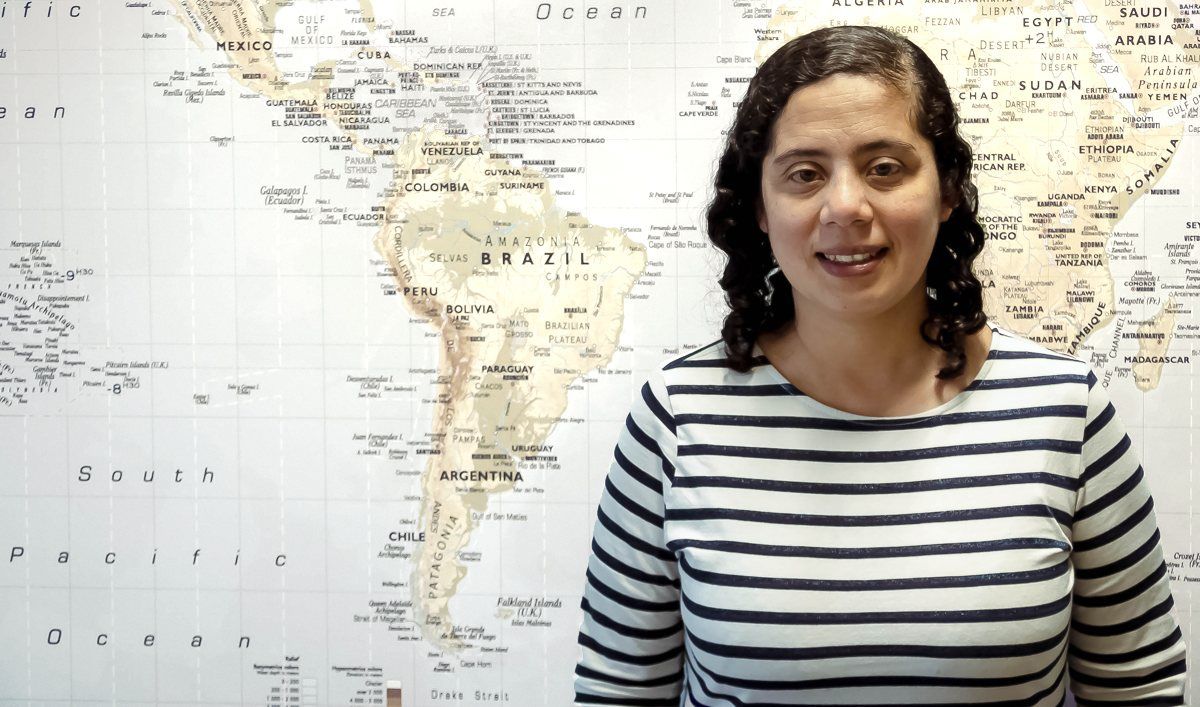
The president of the National Association of Journalists of Peru, Zuliana Lainez, talked about the current situation of independent journalism in Latin America, the persistent judicial harassment against the press, and the current crisis of confidence in the media in Peru.

Investigatour Amazonía, an initiative created by Convoca in Peru and replicated by Fundamedios in Ecuador, aims to encourage the training of journalists from Amazon regions. The focus is on data journalism, digital narratives and security so that journalists can develop in-depth stories on environmental conflicts and organized crime suffered by their communities.
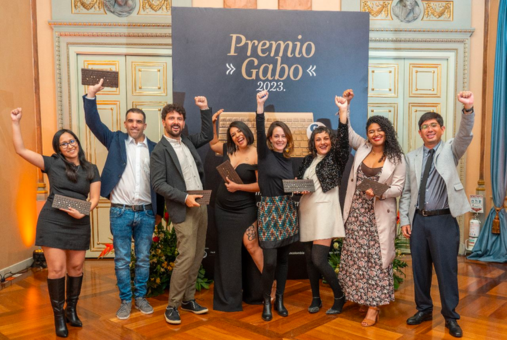
Feature stories by El Espectador (Colombia), IDL-Reporteros (Peru) and Réporter Brasil (Brazil) won the Gabo 2023 Award in Text, Image, and Coverage categories, respectively. The awards gala also honored journalist Jennifer Ávila (Honduras) and denounced injustices against Guatemalan journalist José Rubén Zamora, who has been imprisoned for almost a year.